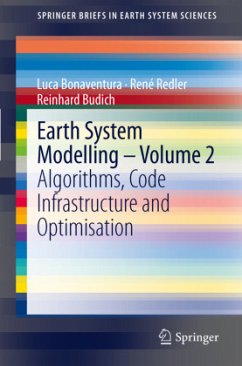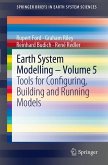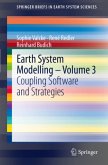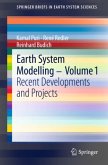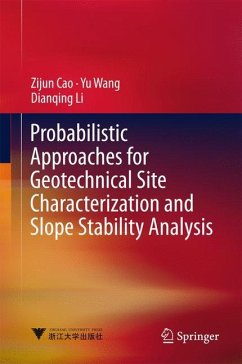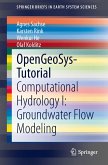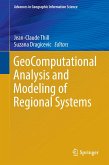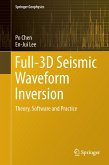Collected articles in this series are dedicated to the development and use of software for earth system modelling and aims at bridging the gap between IT solutions and climate science. The particular topic covered in this volume addresses the historical development, state of the art and future perspectives of the mathematical techniques employed for numerical approximation of the equations describing atmospheric and oceanic motion. Furthermore, it describes the main computer science and software engineering strategies employed to turn these mathematical methods into effective tools for understanding earth's climate and forecasting its evolution. These methods and the resulting computer algorithms lie at the core of earth system models and are essential for their effectiveness and predictive skill.
From the reviews: "This book surveys various computing techniques used in such applications, and explains the modeling and programming techniques. ... A background in differential and integral calculus, general programming, and meshes is required to understand the book. Beginning ESM researchers will get the most from the survey, as well as the many references. The book could be useful as a supplementary text in ESM courses." (Maulik A. Dave, ACM Computing Reviews, July, 2012)

